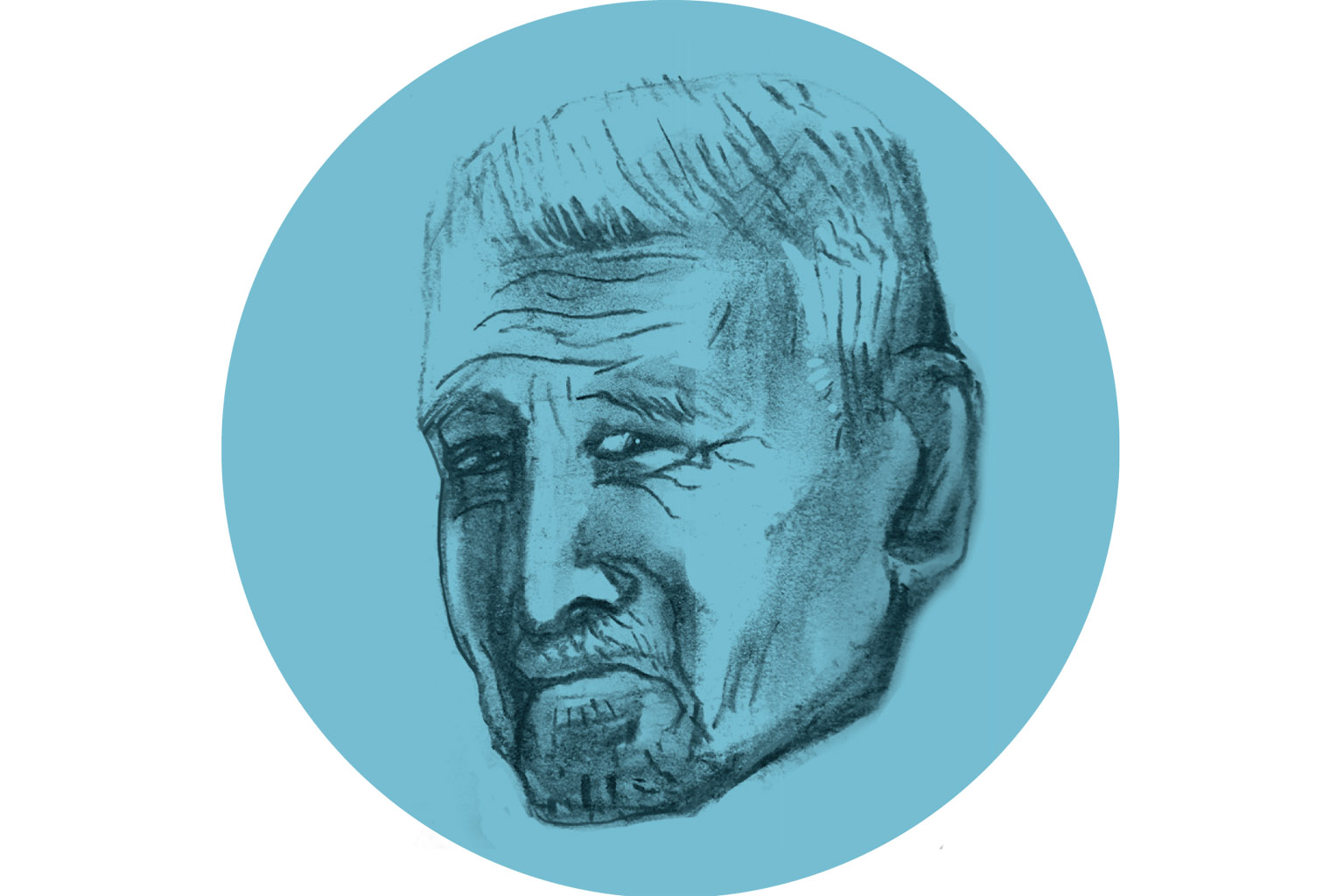COVID-19 SPECIAL
Greater distress due to disruption in routine
Covid-19 and its associated circuit breaker measures have exacted a toll on the mental health of people in Singapore. The Straits Times reports on the impact on various groups.
Sign up now: Get ST's newsletters delivered to your inbox

ST ILLUSTRATIONS: CEL GULAPA
Every morning, 81-year-old Peter Lim changes into his favourite polo shirt and pants, wears his shoes and prepares to leave the house.
For the last decade, Mr Lim, who has dementia, has settled into a routine of going to the hawker centre for lunch with his wife. But since the circuit breaker measures kicked in last month, his son Daniel Lim has had to stop him from leaving the house.
Inevitably, the elderly Mr Lim will lose his temper and hurl vulgarities at his son and wife as he cannot fully understand why he cannot leave home, though his son has repeatedly explained the coronavirus situation to him.
To release his pent-up frustration, the senior would refuse to go to sleep at night and urinate whenever and wherever he wants to.
"These are unusual behaviours that only started two weeks into the circuit breaker period. The mental distress and emotions get compounded every day and the cycle repeats. I don't know how this will pan out over the next one month," said Mr Daniel Lim, 39, co-founder of a social enterprise.
Alzheimer's Disease Association chief executive Jason Foo said seniors with dementia face higher levels of mental distress during the circuit breaker due to the disruption in routine.
"Routine plays an essential role in their well-being as it offers predictability, assurance and meaning to their lives," said Mr Foo.
There were over 580,000 residents aged 65 and above last year. At least 82,000 people are diagnosed with dementia, according to a 2018 Institute of Mental Health study.
Mr Kavin Seow, senior director of the elderly group at Touch Community Services, agreed that seniors with mental health issues such as depression or dementia tend to feel more anxious during this period.
"Some may be concerned about their next medical appointment or when their medication can be replenished," said Mr Seow. "We are also keeping closer tabs on seniors with hoarding issues as they may become anxious about supplies running out and start to stock up on toilet paper and food," he added.
Social workers say seniors with dementia or depression are not the only ones especially vulnerable to poor or worsening mental health during this period. Also to look out for are those hard hit by social isolation amid circuit breaker measures, such as those who live alone.
Lion Befrienders, which serves mostly the elderly with little or no family support, said it has noticed more seniors being more anxious and emotional during its home visits, though it does not have the numbers.
The Agency for Integrated Care said the Silver Generation Office has been reaching out to vulnerable seniors with poor family support since February through weekly telephone calls.
It is also developing activity booklets that caregivers can use to engage seniors at home. They contain arts-based activities that can be downloaded and printed as activity sheets for them to do.


